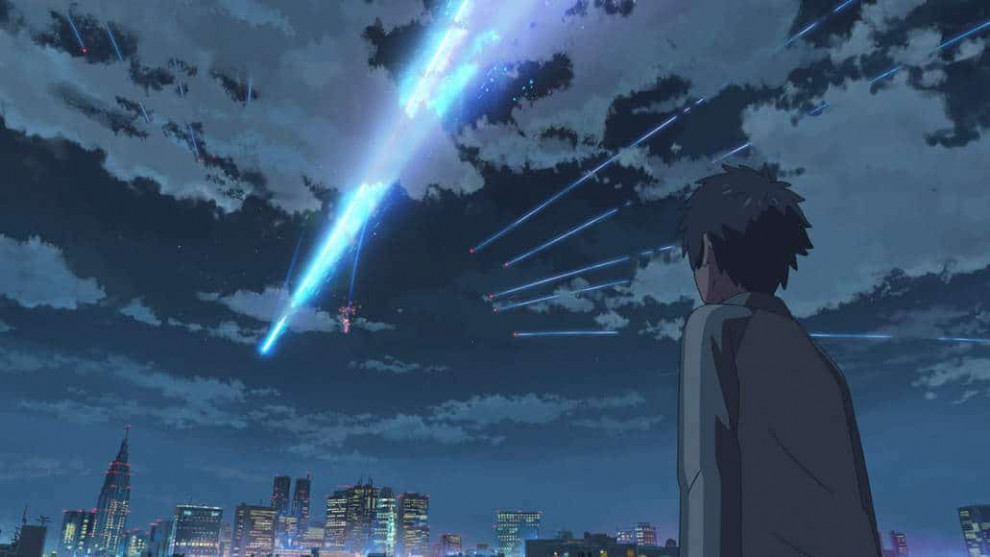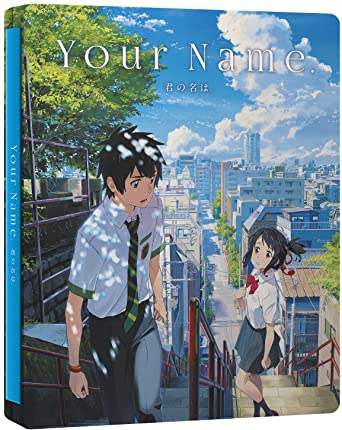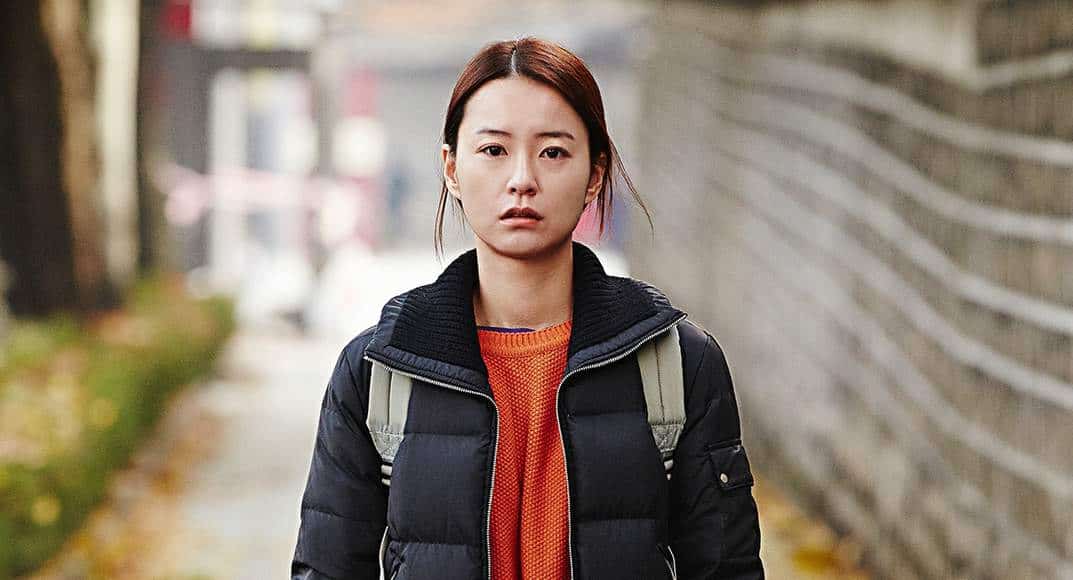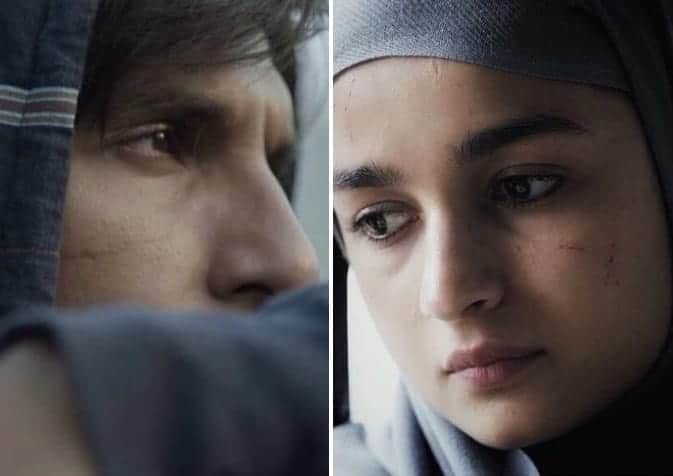By Rachel Angelique Galistan
When Makoto Shinkai's 2016 hit “Your Name” was first released audiences around the world were struck; this unassuming release knocked Studio Ghibli's beloved classic “Spirited Away” (2001) off its title of highest grossing anime film of all time. What was it about this teen, body-swapping romance that had captured the hearts of the people?
Buy This Title
Its premise is humble: Mitsuha is tired of her life in the small, close-knit town of Itomori. There is nothing to do, there is nothing to see, and the first ten minutes of the movie end with her having been made fun of by her schoolmates while performing her familial duties as a shrine maiden. She runs beneath a Shinto torii, a gate marking the boundary between the earthly world and the sacred, begging to reincarnate into a handsome Tokyo boy in her next life. So she does. Mitsuha wakes up to find herself in a cluttered blue room, and in a body with something strange poking out between its legs.
And the story goes. Taki, the city boy whose body she's in, also experiences this switch in exchange, and the two acquaint themselves with each other's lives several times across a span of a few weeks. They fall into the familiar tropes of the body-swap film genre, necessarily interfering into each other's personal relationships, everyone around them bewildered at them acting, quite literally, out of character. The audience is not told why these particular individuals have been chosen to swap lives, except that things changed for both of them on the day of the Tiamet Comet, the day that the stars came falling down. Both describe the day as if it were something out of a dream, beautiful and surreal.
It is impossible to deny the visual prowess of the film. Shinkai is known for his sublime uses of light, his brilliance in creating vast, textured landscapes, and his eye for rich hues of colour, all of which contribute to its celestial sense of time and space. But “Your Name” is not just a pretty film. Along with a poignant music score of J-rock, sharp editing, and tight dialogue, the movie shapes rhythmic emotional beats that parallel its plot, creating a flow of feeling that allows the viewer to empathise with the characters.
What makes “Your Name” a good film is precisely this: how it focuses on something highly specific that emerges as something that is ultimately universal. He peers attentively into the perspectives of two teenagers who yearn for something, something more in their lives. Shinkai had been inspired by a traditional waka poem by Ono no Komachi, a poem about meeting a lover in her sleep, and waking up feeling sad. How many times in my life have I felt that ache? How many times in my life had I wanted to escape, had I wished things were different? Perhaps more than that, how much had I hated it all?
Shinkai manages to turn a compelling sense of entrapment into something reassuring, promising even. In any other setting, these feelings could've been turned into ones of spite and resentment, but from the get-go, he tells us this will not be the case here. For instance, when Mitsuha first expresses her feelings towards Itomori, the town is not depicted as a place truly suffocating or dull and is never made to look aesthetically inferior to Tokyo. Significantly, later on the practices of the Miyamizu shrine are paid much homage, and Shinkai emphasises the importance of protecting tradition and culture as they could someday be lost. He gestures towards the 2011 Tohoku earthquake in Japan that had wiped out nearly twenty thousand people, further pressing the point of appreciating what we have, now that we have it.
What the film is ultimately about, then, is love. Not just romantic love, but a larger cosmic love, love for your faith, love for your family, love for your world and the place you inhabit in it. Musubi, Mitsuha's grandmother calls it at the beginning: the ribbon that ties us all together. Another definition: the spiritual, creative energy that binds us to the gods. The ribbon can twist, tangle, and sometimes even unravel, but it will eventually join again. Because this is the world we are born into, it is our duty, and our desire, that keeps it alive.

















